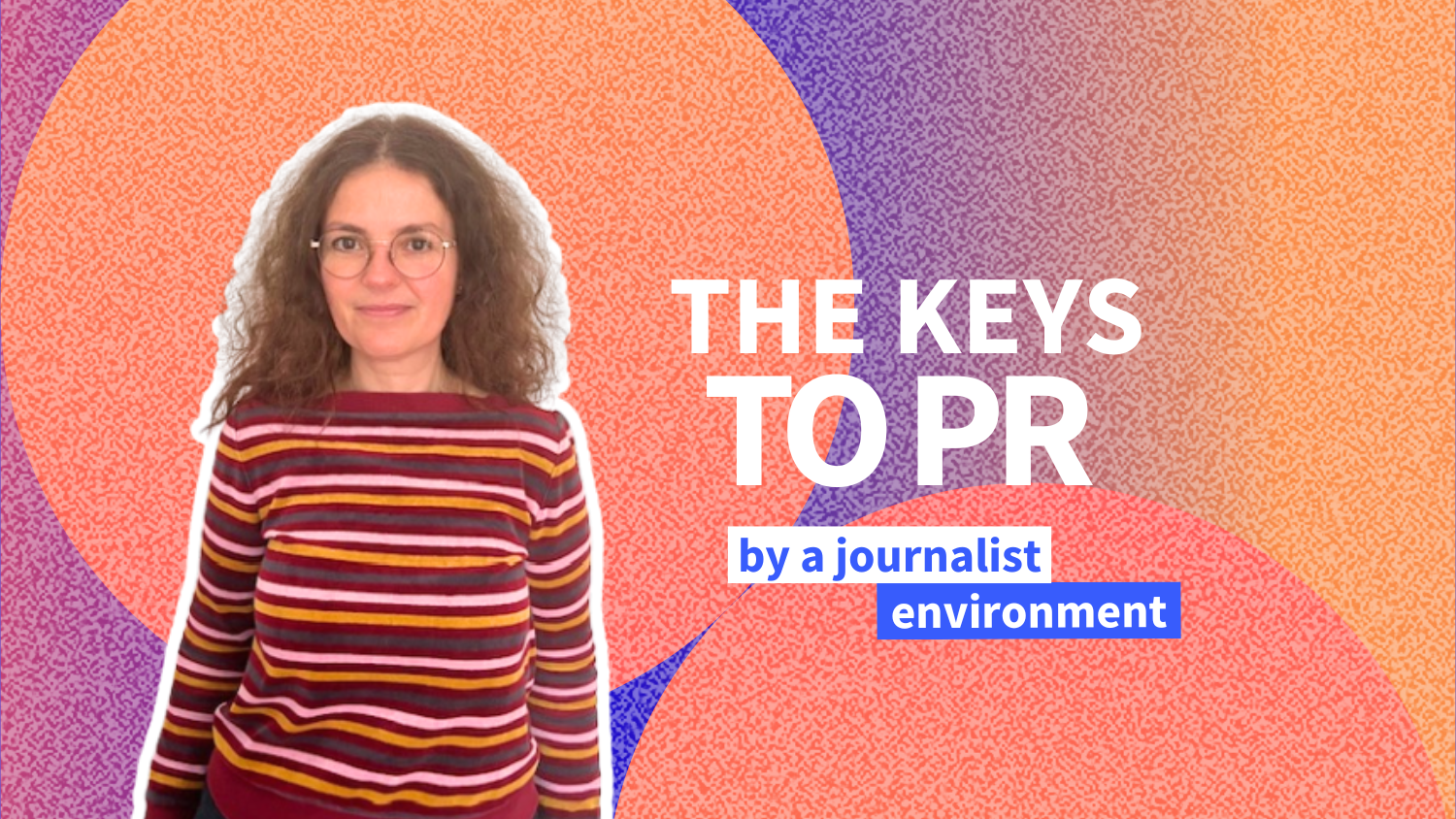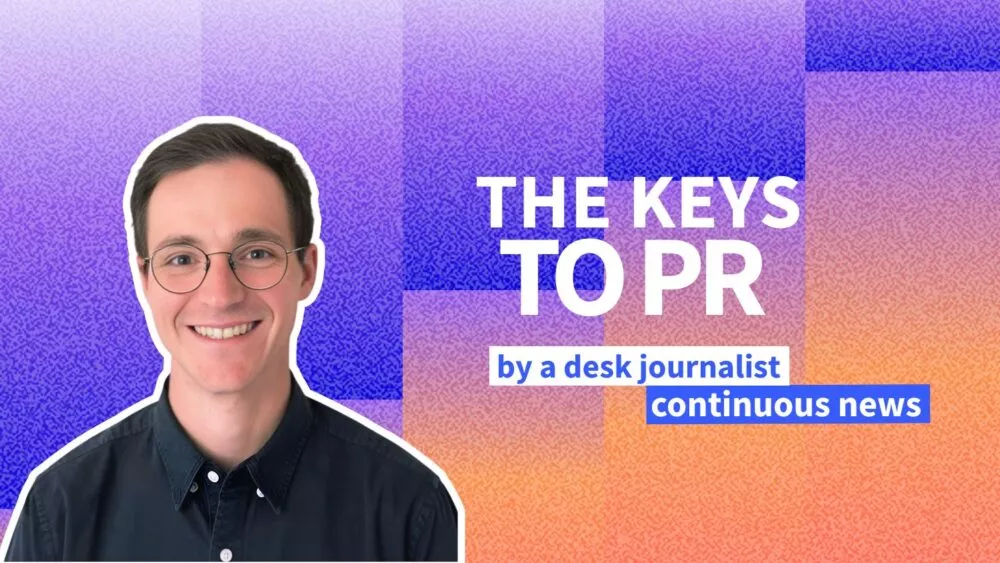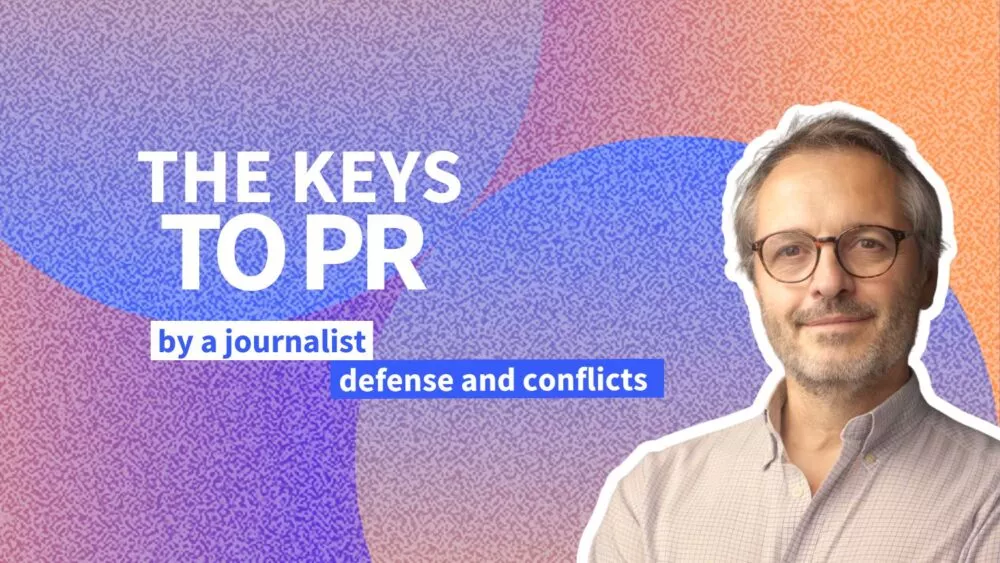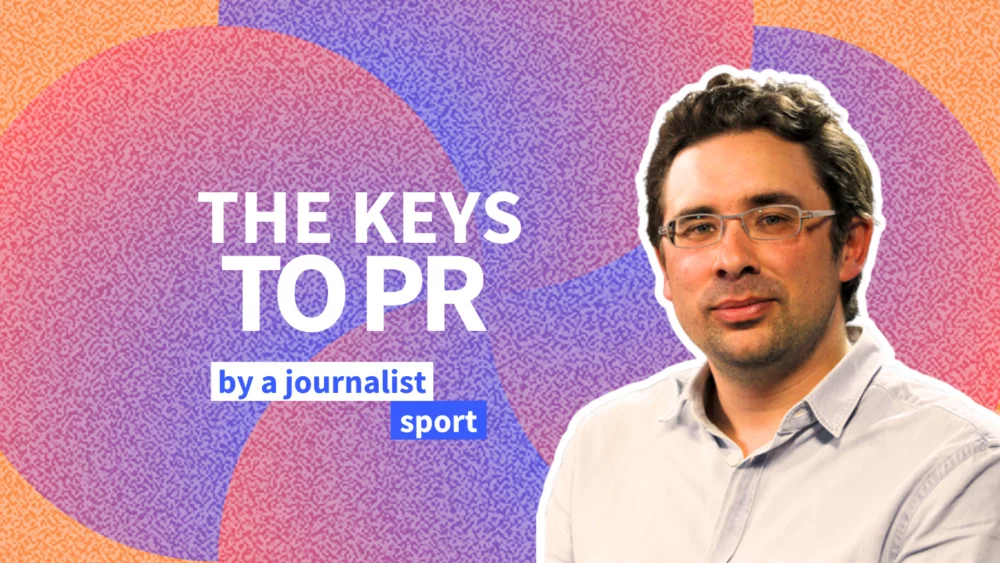We cover climate, biodiversity, environmental public policies, water, oceans, pollution, and so on. In short, we write about the environment in the broadest sense, but also about food and global health.
When it comes to selecting our topics, current events naturally take precedence. These include natural disasters, heatwaves, droughts, floods... For this type of breaking news, press agencies and social networks are our first sources of information. Although we are cautious with social media, that’s often where the first alerts appear.
We also cover institutional news, expert reports, legislative projects and proposals, international negotiations, etc. A significant part of our current work involves analyzing the dismantling of environmental protection standards.
We also initiate our own stories through investigations and field reporting. For instance, one of our reporters recently went to the Bay of Mont Saint-Michel to report on a village threatened by rising sea levels. Its residents are calling for protective structures, probably in vain. Another example: we recently published a series revealing large-scale fraud in Nestlé’s mineral water treatment.
So, on one side, we have stories that impose themselves, and on the other, those we decide to explore. In every case, the people we work for are our readers. The key questions we always ask are: Will this topic interest them? What context or understanding should we provide?
To what extent can a story proposed by a communicator interest you?
Above all, it must be relevant and fall within our areas of coverage. I waste a lot of time deleting emails that completely miss the mark, and blocking their senders. It’s essential to offer an unsubscribe option, as the law requires. The unauthorized sharing of email addresses is also a real scourge.
The topic proposed by the communicator must be clearly stated. There’s no need for emojis or flashing lights. An informative subject line should be enough to catch our eye. The body of the press release must then be clear and concise.
A good story for us is one that resonates with current events. Within the Planet section, we interact far less with companies than our colleagues in the Economy section, who cover CSR issues. We’re much more often in touch with communicators from institutions, policymakers, and NGOs.
We rarely dedicate a full article to a company. Even if many claim to be pursuing energy transition goals, simply following the movement isn’t enough to justify coverage. We prefer to focus on broader trends. A company may become the subject of an article if it stands out through an innovative initiative, like developing a pollution clean-up method or launching a genuinely new technology. In such cases, our job is to question the viability of that innovation.
To communicate effectively, you need something strong and original to show. If you’re merely following the trend, that’s fine, but don’t expect much media coverage.
What are your recommendations for communicators who want to reach journalists?
Before sending a press release, ask yourself which journalist might actually be interested in the topic. Reading newspapers and websites helps identify the most relevant contacts. If you actively monitor the media, you’ll quickly spot bylines and areas of expertise. This allows you to target more effectively and save everyone valuable time.
In my view, press conferences remain a useful format: it’s a good way to meet face to face.
It’s absolutely possible to have good relationships with communicators, as long as they’re based on mutual respect for each other’s work. As journalists, we understand the imperatives communicators face: their role is to defend and promote their employers. In return, they need to understand that our goals are very different: we’re here to inform our readers.
So, how can journalists and communicators work well together despite their differences?
For me, it all comes down to respect and understanding the expectations of the person you’re addressing. The communicators I’ve worked best with are those who understood our profession, responded promptly, and directed us to the right people quickly.
Recently, I spoke with a PR professional who disputed an article because the company had been contacted too late for comment. The exchange remained cordial, and we found common ground in what could have been a tense situation. We often reach out to communicators when a company is being questioned about its impact on health or the environment. In those cases, we expect maximum responsiveness and transparency.
It’s a real asset when a communicator knows their field well and can provide off-the-record background information, without overstepping or replacing other sources.
This expertise is often stronger within in-house institutional communications teams than in PR agencies, which tend to act more as intermediaries with only a superficial grasp of the issues. A communicator needs to think long-term, without expecting immediate press coverage. A story may appear eventually, but not necessarily the one you hoped for, or when you expected it.
For you, what errors should be avoided to maintain good PR practices?
The first thing is to make sure there are no mistakes in press releases. Sometimes we find factual errors, exaggerated claims, or vague statements. The foundation of good PR is verified, accurate information.
Secondly, pay attention to tone. I really dislike being addressed by my first name or being spoken to informally without prior consent.
There’s also one practice that should absolutely be banned: calling to ask if we’ve received a press release. It’s a huge waste of time. That’s why I stopped answering my landline a long time ago, and I share my mobile number very sparingly.
Gaëlle Dupont’s key expectations:
- Sober, factually accurate press releases
- A solid understanding of the subject matter
- Realistic expectations about media coverage
- A professional relationship based on mutual respect







